An anchor line is a rope used to anchor a vessel or other structure to the ground or another stationary object. The general purpose of anchor lines is to provide stability and safety by keeping the vessel or structure in place.In this article, we’ll explore how anchor lines are created, any challenges to consider, the benefits they provide, and various applications of anchor lines Read More…
Since our beginning in 1967, we have had experience designing, manufacturing and distributing the highest quality braided ropes and cords. Braided ropes and cordage are produced in all common fibers.
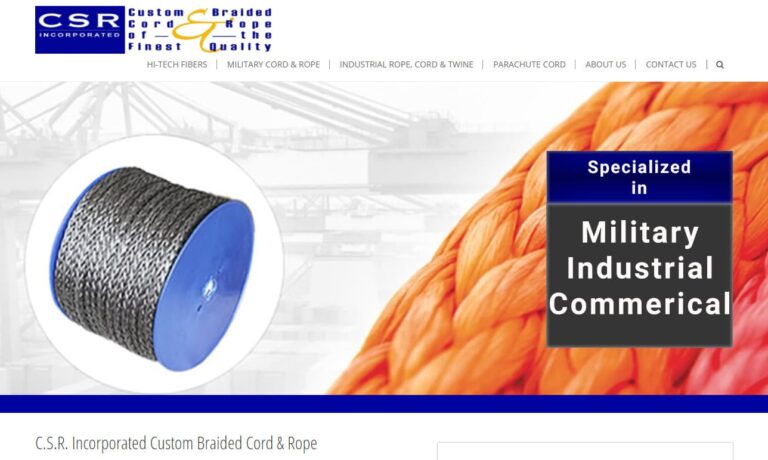
Atkins & Pearce is a leading manufacturer of braided technical textiles based in Covington, Kentucky. We produce and process industrial cordage and twine, coated insulation sleeving, tubing, expandable sleeving, lacing tapes, tie cords, candlewick, and custom braided textile products. All of our products are produced with quality top-of-mind and state-of-the-art equipment to ensure the best...
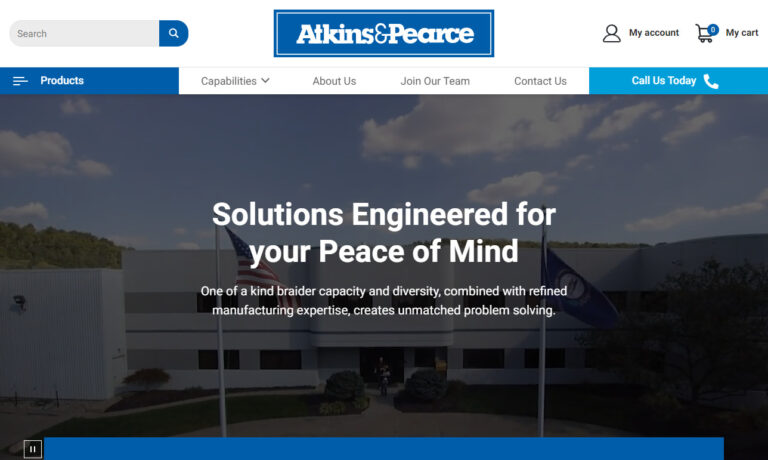
At Franklin Braid, we are passionate about the art and science of ropes. With years of expertise and a deep commitment to quality, we have earned our reputation as a premier provider of an extensive range of ropes. Let us introduce you to our world of ropes and our unwavering dedication to our craft. Ropes are our specialty, and our product range reflects our commitment to delivering a diverse...
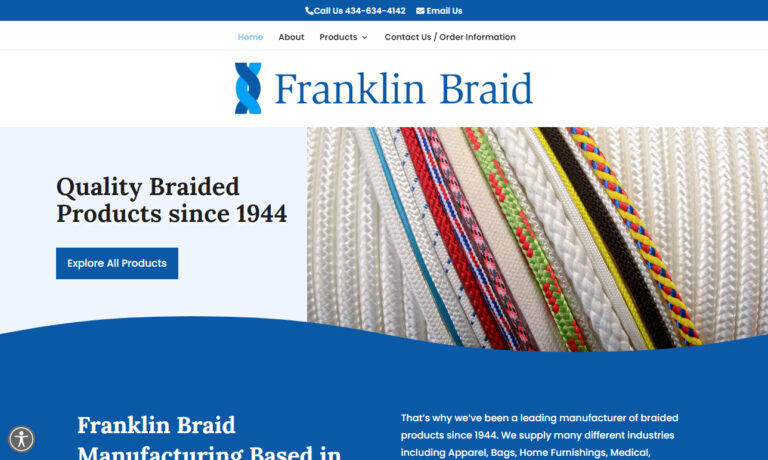
We are a manufacturer of high quality rope that is used in a variety of applications including arbor, climbing, guiding, industrial safety, rope rescue, work access and OEM. We are committed to innovative processes and product development. Call or visit us online today for me detailed information. We look forward to working with you soon!
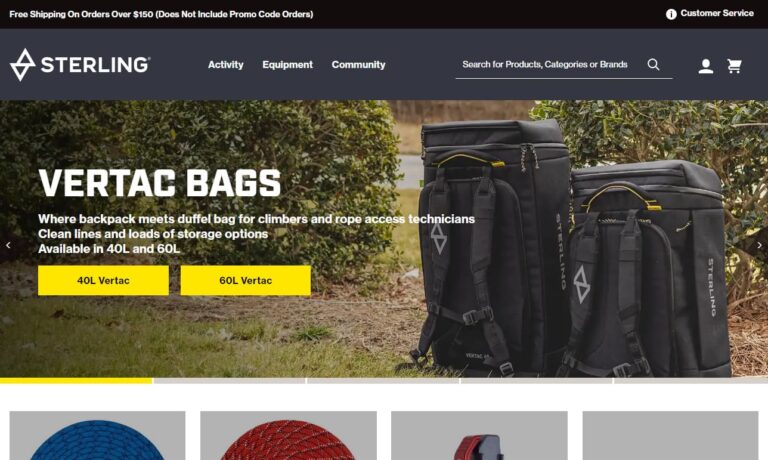
Sunshine Cordage manufactures and distributes synthetic rope. Our product consists of stranded rope available in 3, 8, & 12; solid braided and double braided rope, mooring lines, specialty rope and twines available in polypropylene and polyester. We offer ropes in many materials such as nylon, polyethylene, and manila. Sunshine’s ropes serve many applications and industries including...
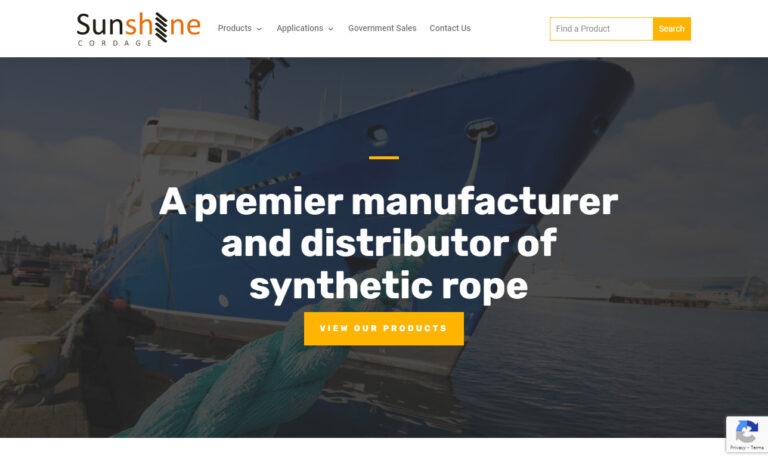
Whether you need rope for heavy pulling or everyday decoration, Hercules Bulk Ropes can help. Since 1975, Hercules Bulk Ropes supplies the highest quality rope at competitive prices. We want to be your number one source for all your rope needs. Our prices will entice you, but our customer-friendly service and expertise will keep you coming back again and again!
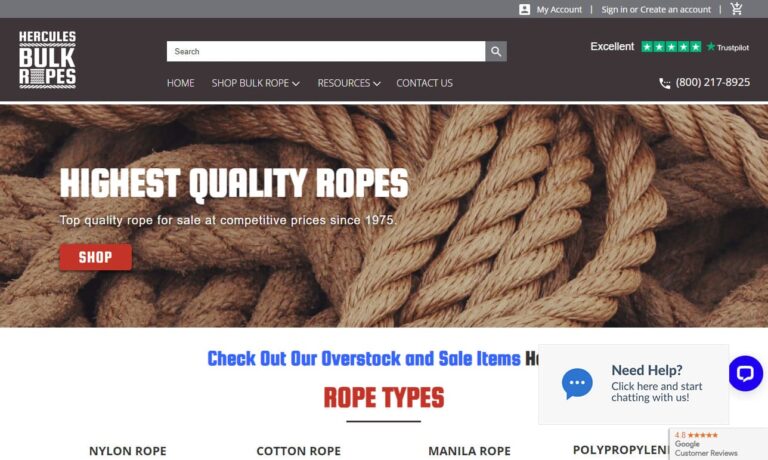
More Anchor Line Suppliers
How Are Anchor Lines Created?
Creating anchor lines involves selecting rope materials and determining the process used to create the line. There are many different rope materials to choose from, including nylon, polypropylene, and polyester. The process used to create anchor lines can vary depending on the material used. For example, nylon is often braided, while polypropylene is twisted. The specific function served by any variation in material or process is to provide the necessary strength, durability, and flexibility for the intended use.
What Challenges Are There Related to Anchor Lines?
There are challenges to consider when using anchor lines, including construction, use, and manufacturing. In construction, anchor lines must be installed correctly to ensure stability and safety. In use, anchor lines can become tangled or damaged, which can cause safety issues. In manufacturing, quality control is essential to ensure that the anchor lines are made to the necessary standards.
What Are the Benefits of Anchor Lines?
After these challenges are addressed, anchor lines provide many benefits, including:
Safety
One of the most important benefits of anchor lines is that they provide safety and security in a variety of applications. Whether it's securing a vessel in place on the water, stabilizing a structure or equipment on land, or providing stability on steep terrain, anchor lines help ensure the safety of people and equipment.
Stability
Anchor lines help provide stability in a variety of situations. For example, when used in construction, anchor lines can help prevent scaffolding or other structures from swaying or collapsing in the wind. In agriculture, anchor lines can help prevent equipment or structures from being damaged by strong winds.
Durability
Anchor lines are designed to withstand harsh weather conditions and other types of wear and tear. High-quality anchor lines are typically made from durable materials and are constructed in a way that makes them resistant to abrasion, UV rays, and other types of damage.
Flexibility
Anchor lines are available in a variety of lengths and strengths, which makes them highly versatile. Depending on the application, anchor lines can be customized to meet specific needs, providing flexibility and adaptability in a variety of situations.
Cost-Effective
Anchor lines are often a cost-effective solution for providing stability and security in various applications. While there are some initial costs associated with purchasing high-quality anchor lines, they typically last a long time and require minimal maintenance, making them a cost-effective solution in the long run.
Ease of Use
Anchor lines are relatively easy to use, making them accessible to a wide range of people and applications. Once an anchor point is established, attaching and detaching the anchor line is typically a straightforward process.
What Are Some Applications of Anchor Lines?
Various industries use anchor lines. Many of these applications are explained in greater detail below:
Boating
Anchor lines are essential for boating to secure a vessel to the sea bottom. The line is attached to an anchor, which is dropped into the water, and the vessel is secured to the anchor line. The anchor line must be strong enough to hold the vessel in place, even in rough weather conditions.
Construction
Anchor lines are used in construction to secure scaffolding or other structures in place. The line is attached to an anchor point on the ground or on the building, and the other end is secured to the structure. The anchor line must be strong enough to hold the weight of the structure and any workers or equipment that may be on it.
Agriculture
Anchor lines are used in agriculture to secure equipment and structures in place. For example, anchor lines may be used to secure a greenhouse or to hold down a large hay bale. The anchor line must be strong enough to withstand wind and other weather conditions and must be attached to a secure anchor point.
Oil and Gas Industry
Anchor lines are used in the oil and gas industry to secure drilling equipment in place. The anchor line is attached to a drill rig or other equipment and then secured to the sea bottom or another stationary object. The anchor line must be strong enough to hold the weight of the equipment and withstand rough weather conditions.
Climbing and Mountaineering
Anchor lines are used in climbing and mountaineering to provide safety and stability on steep terrain. The anchor line is attached to a secure anchor point and then used to secure the climber to the terrain. The anchor line must be strong enough to hold the weight of the climber and must be able to withstand the rough terrain.
Marine Salvage
Anchor lines are used in marine salvage operations to secure the vessel or object being salvaged. The line is attached to an anchor point on the sea bottom, and the other end is secured to the vessel or object.
Military
Anchor lines are used by the military to secure equipment and structures in place. For example, anchor lines may be used to secure tents or to hold down aircraft on an aircraft carrier.
Emergency Services
Anchor lines are used by emergency services, such as firefighters, to secure equipment and to provide stability in dangerous situations.
Choosing the Proper Anchor Line Supplier
To ensure you have the most positive outcome when purchasing an anchor line from an anchor line supplier, it is important to compare several companies using our directory of anchor line suppliers. Each anchor line supplier has a business profile page highlighting their areas of experience and capabilities, along with a contact form to directly communicate with the supplier for more information or to request a quote. Review each anchor line business website using our patented website previewer to quickly learn what each company specializes in. Then, use our simple RFQ form to contact multiple anchor line companies with the same form.

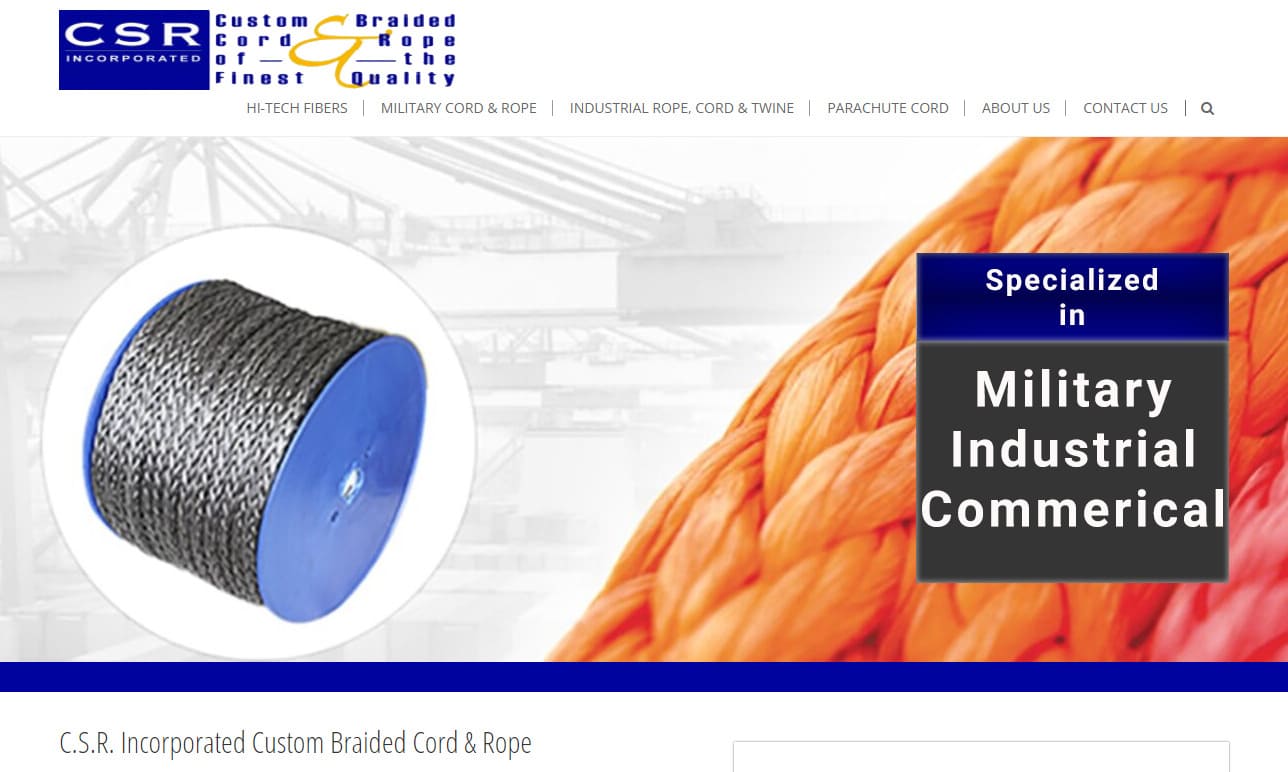
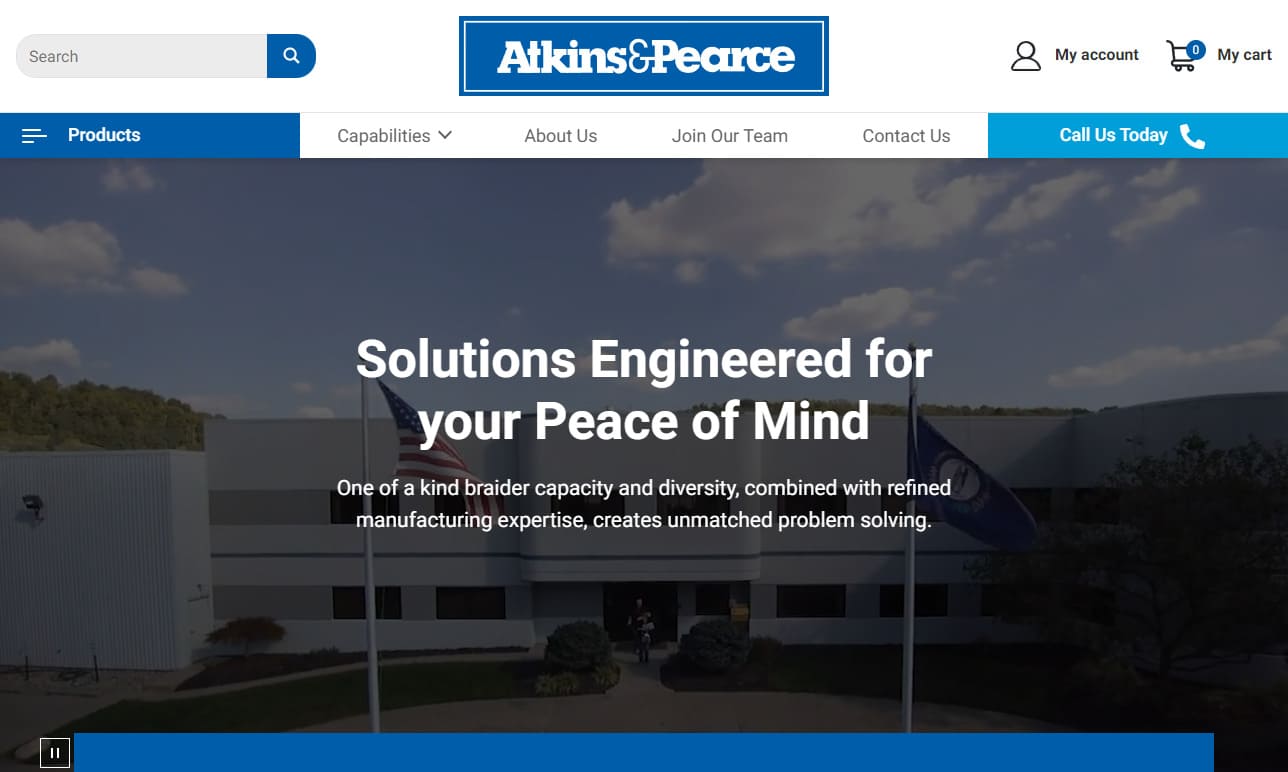
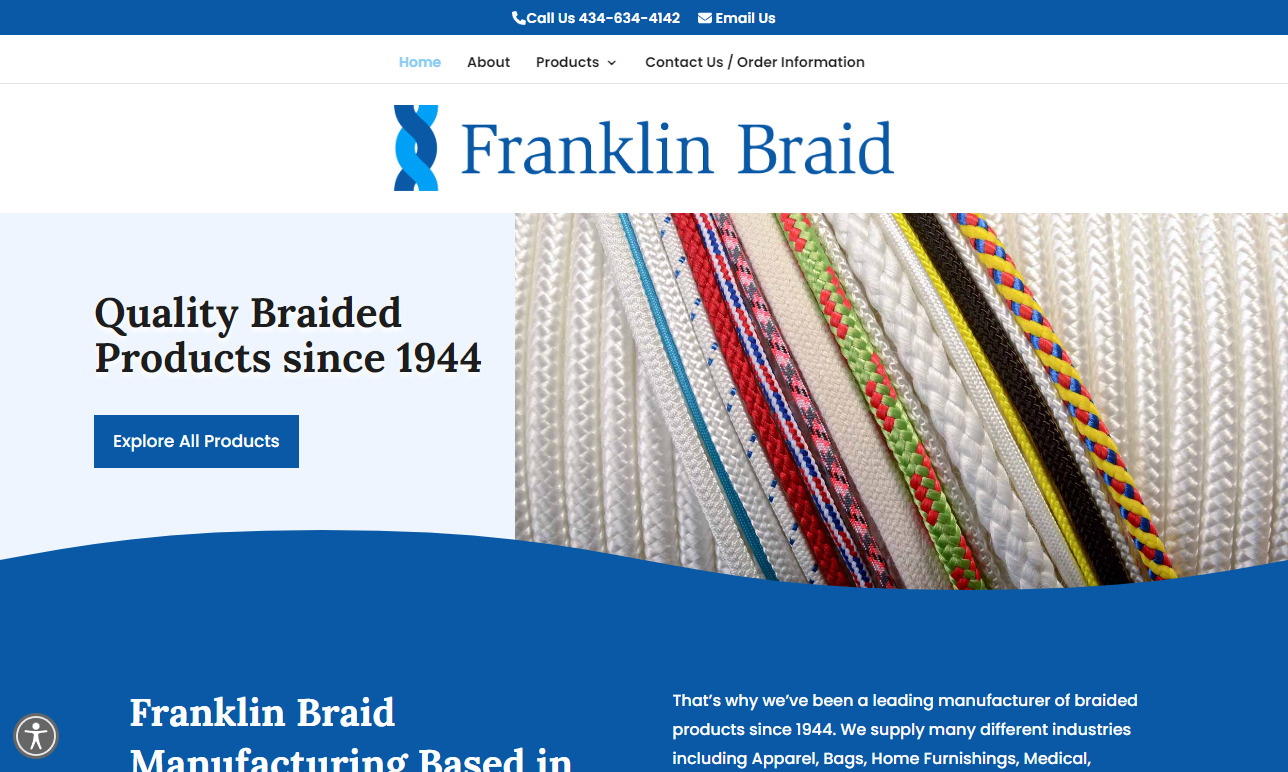
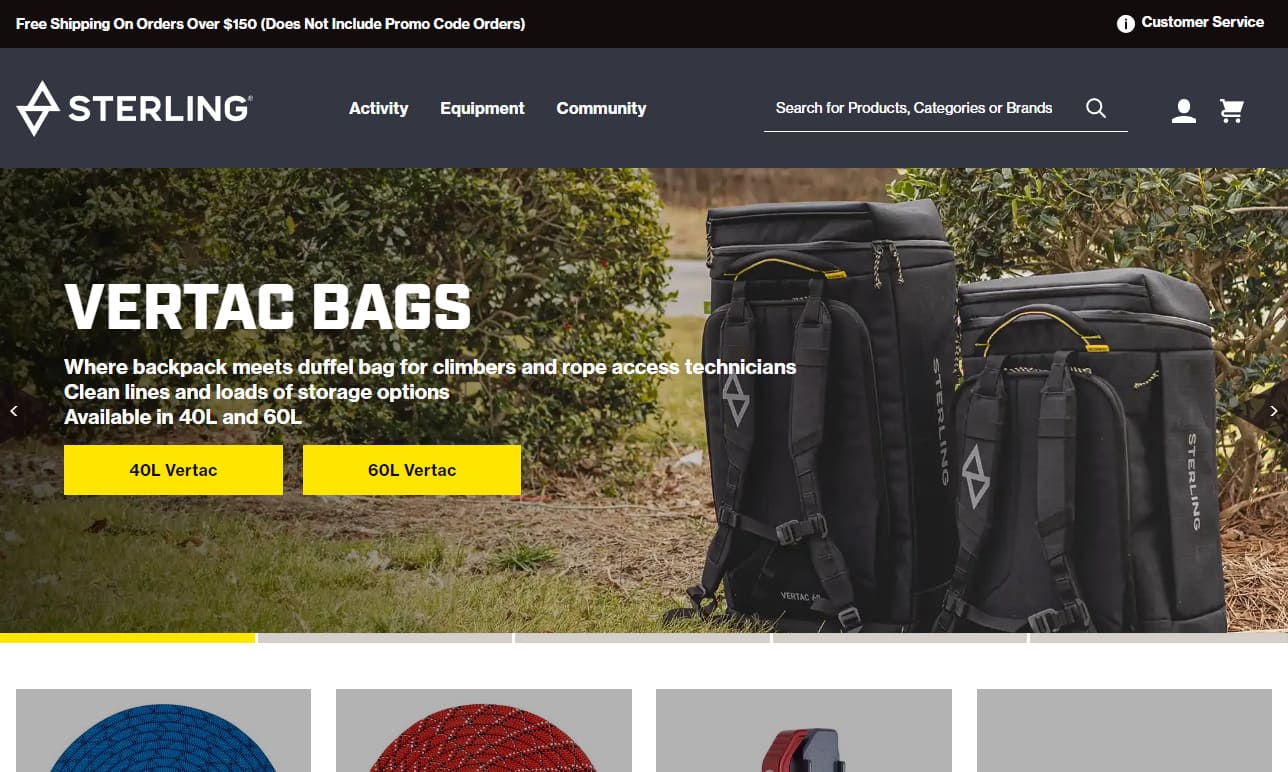
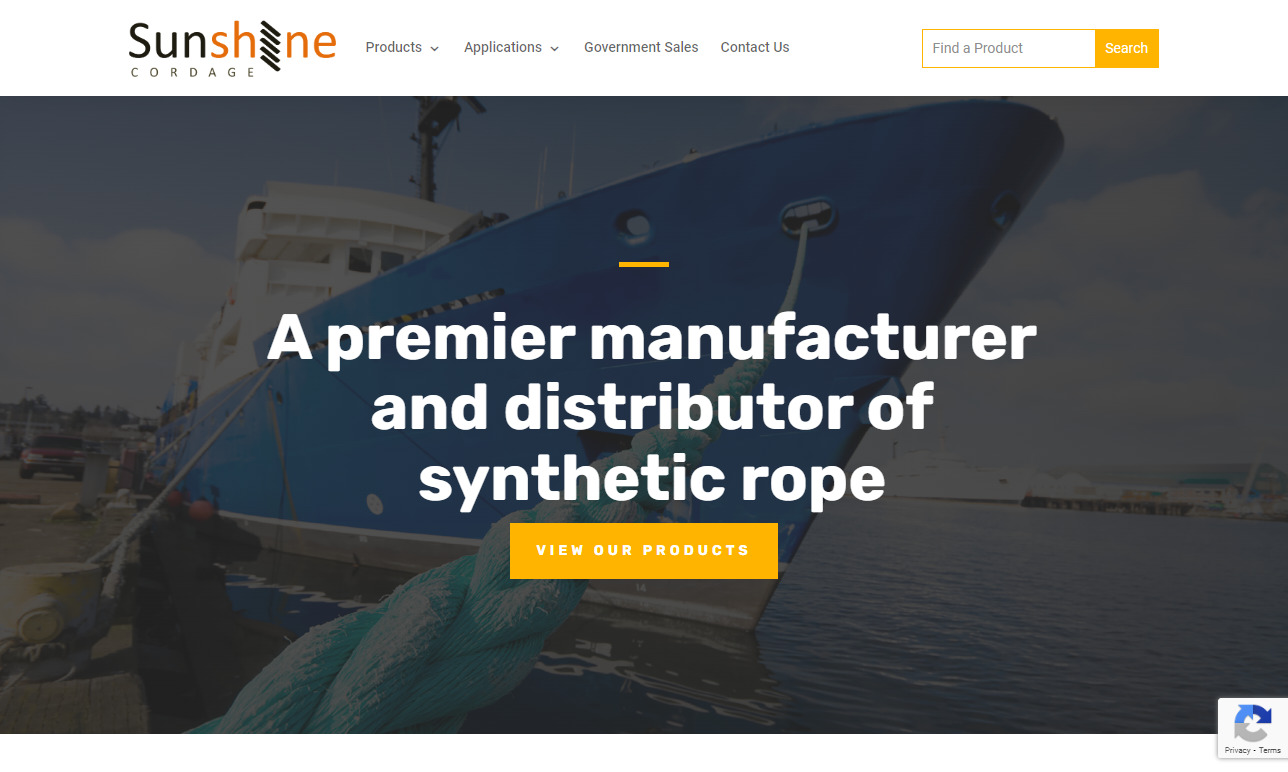
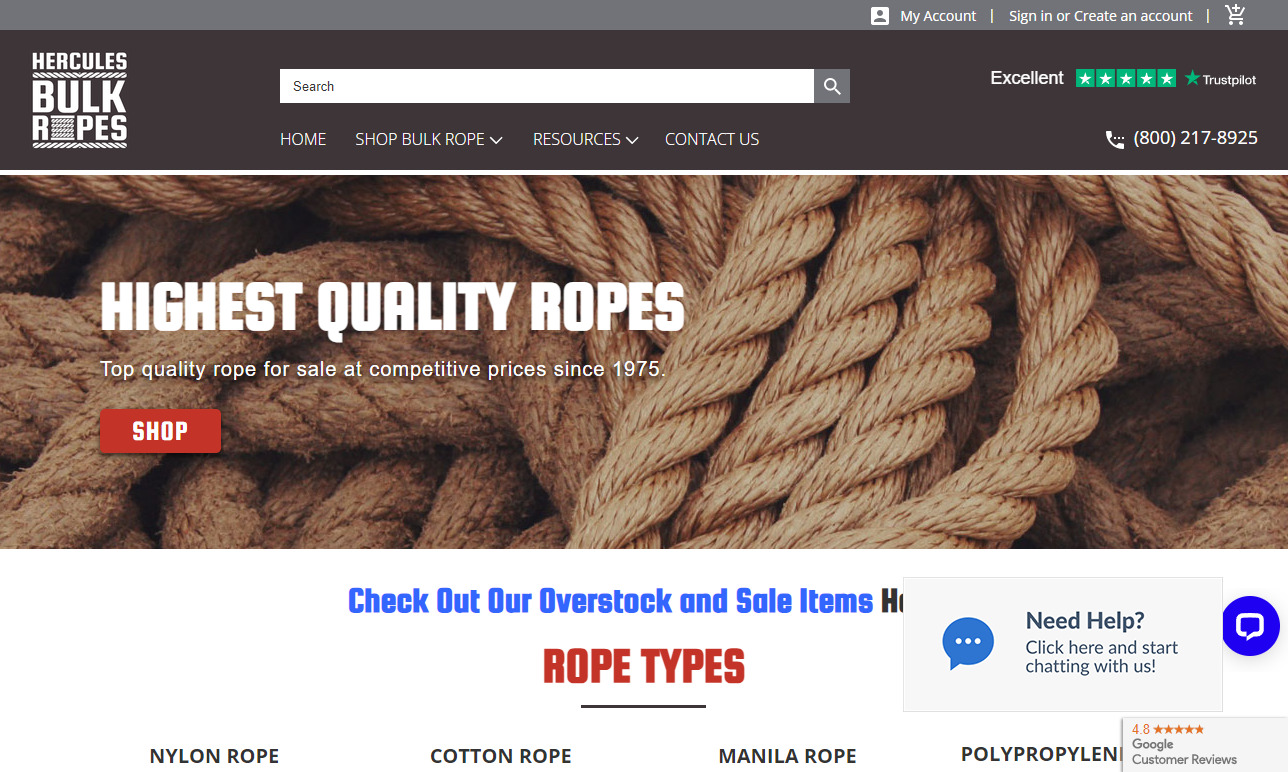
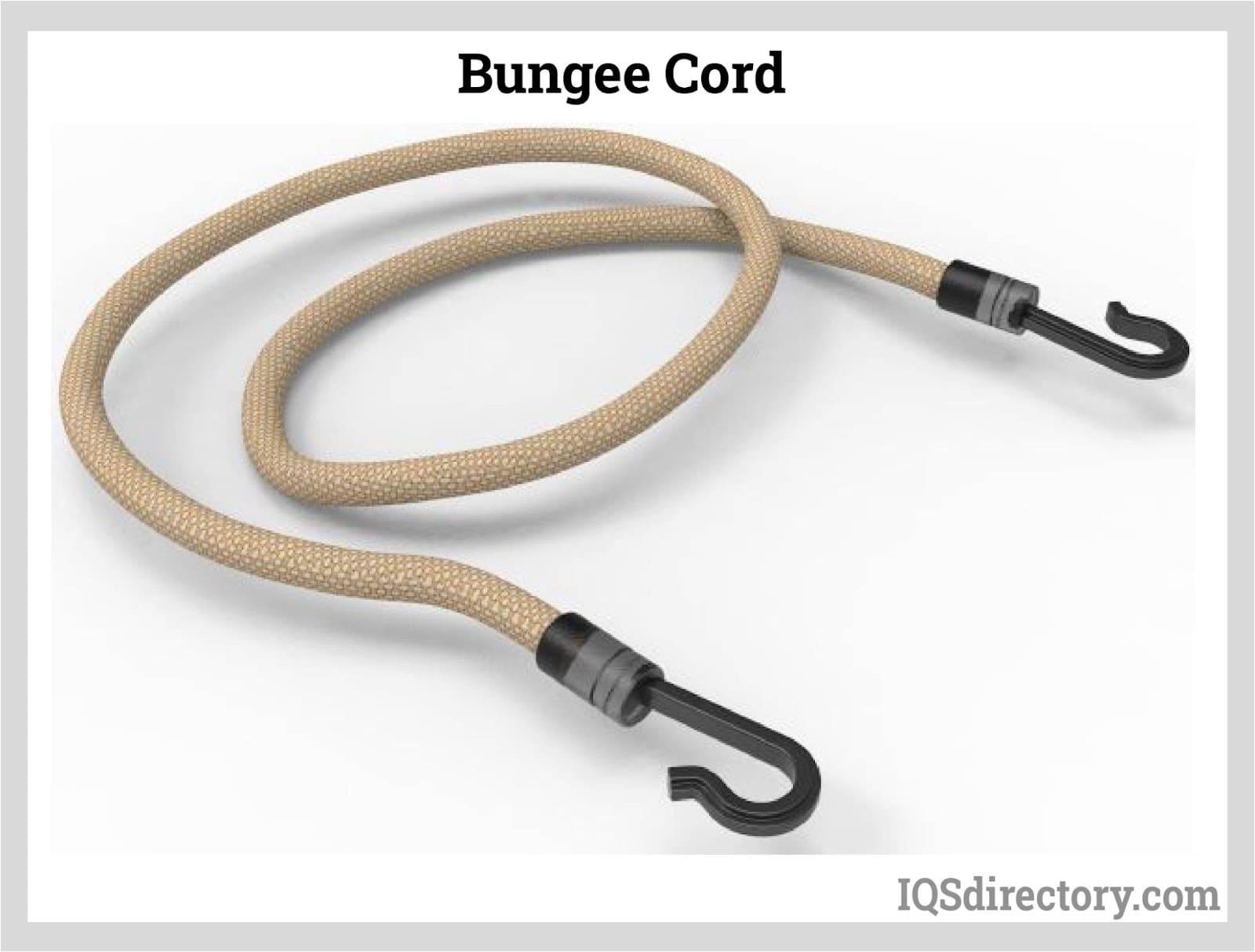
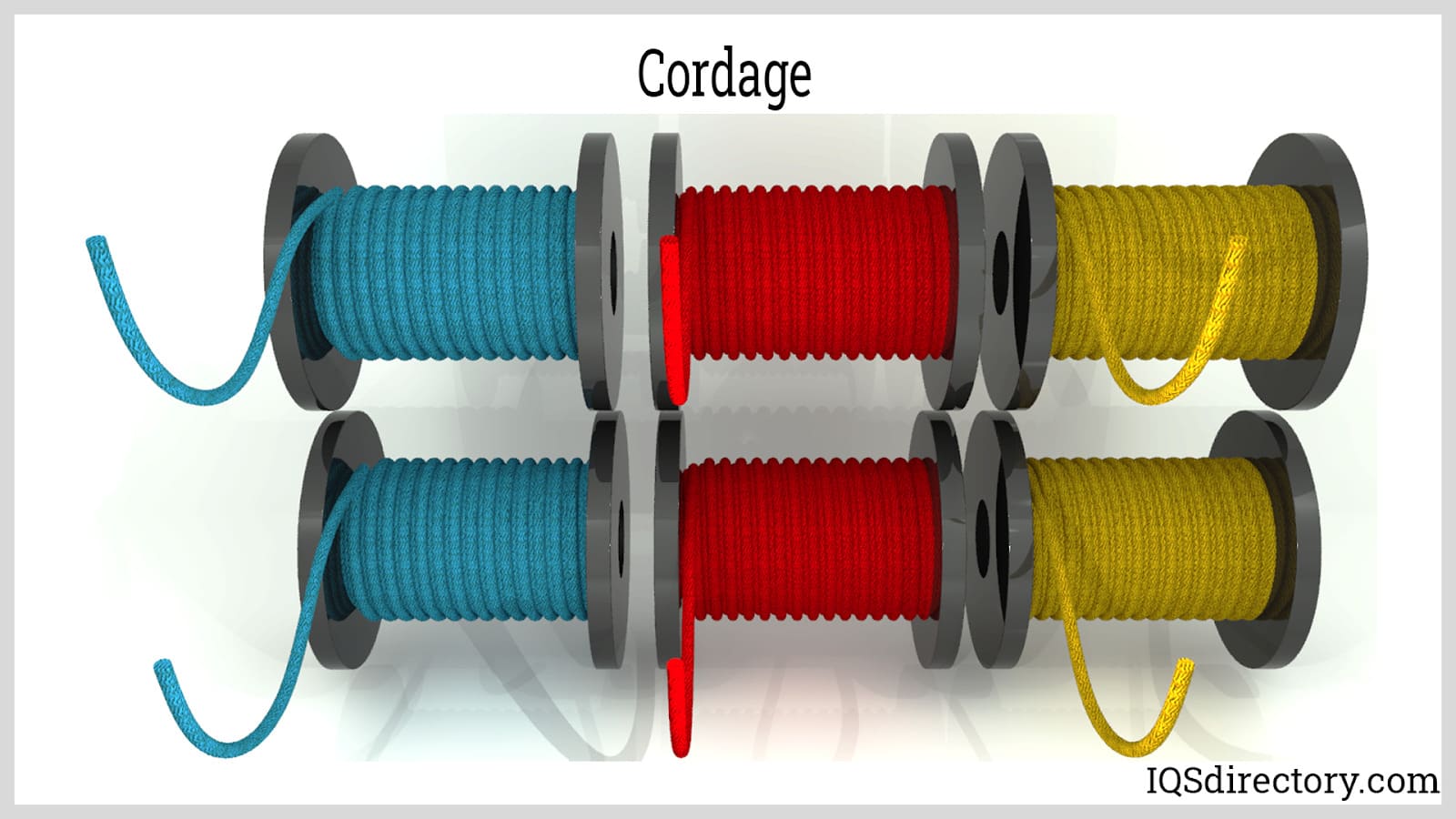
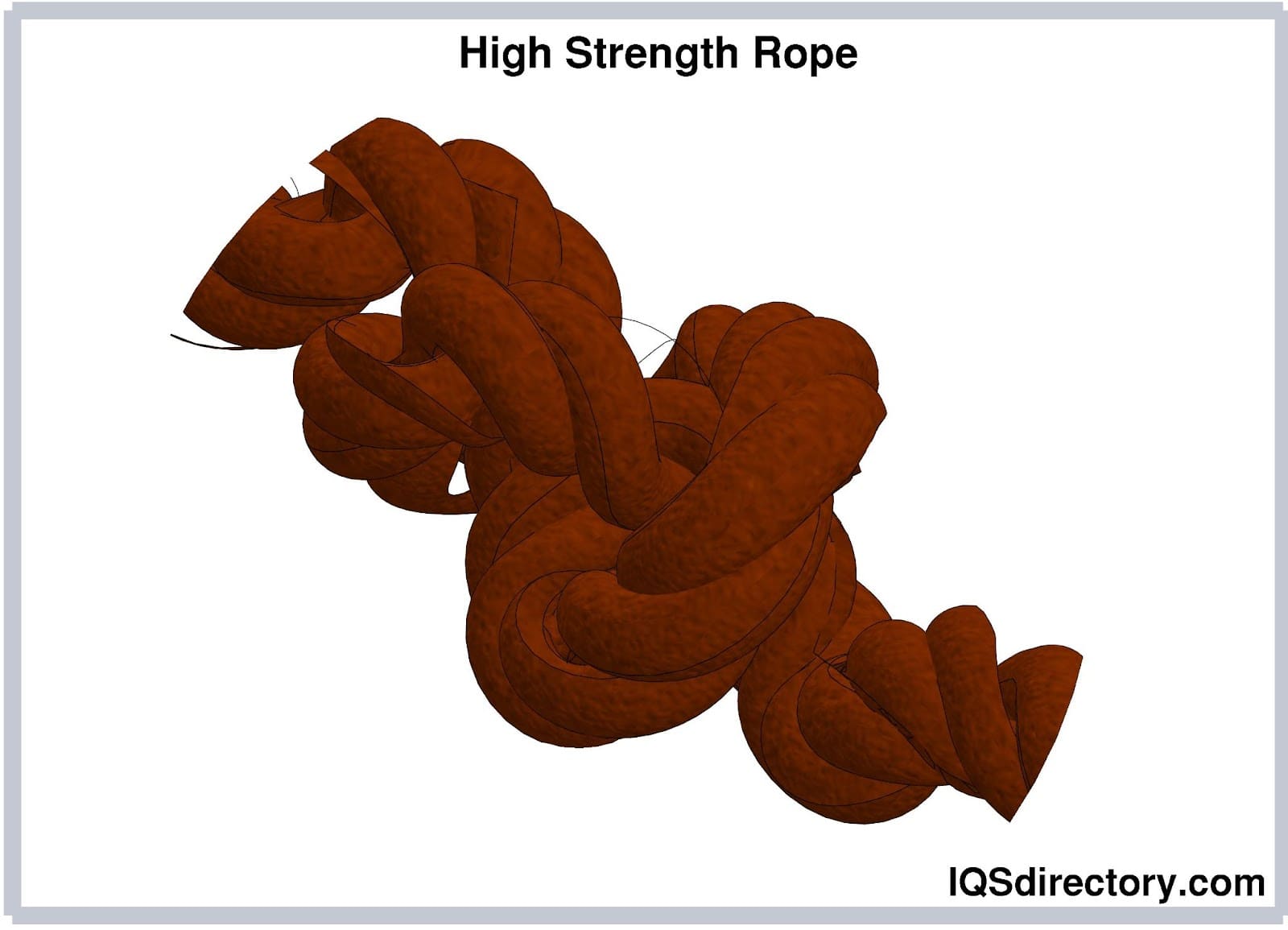
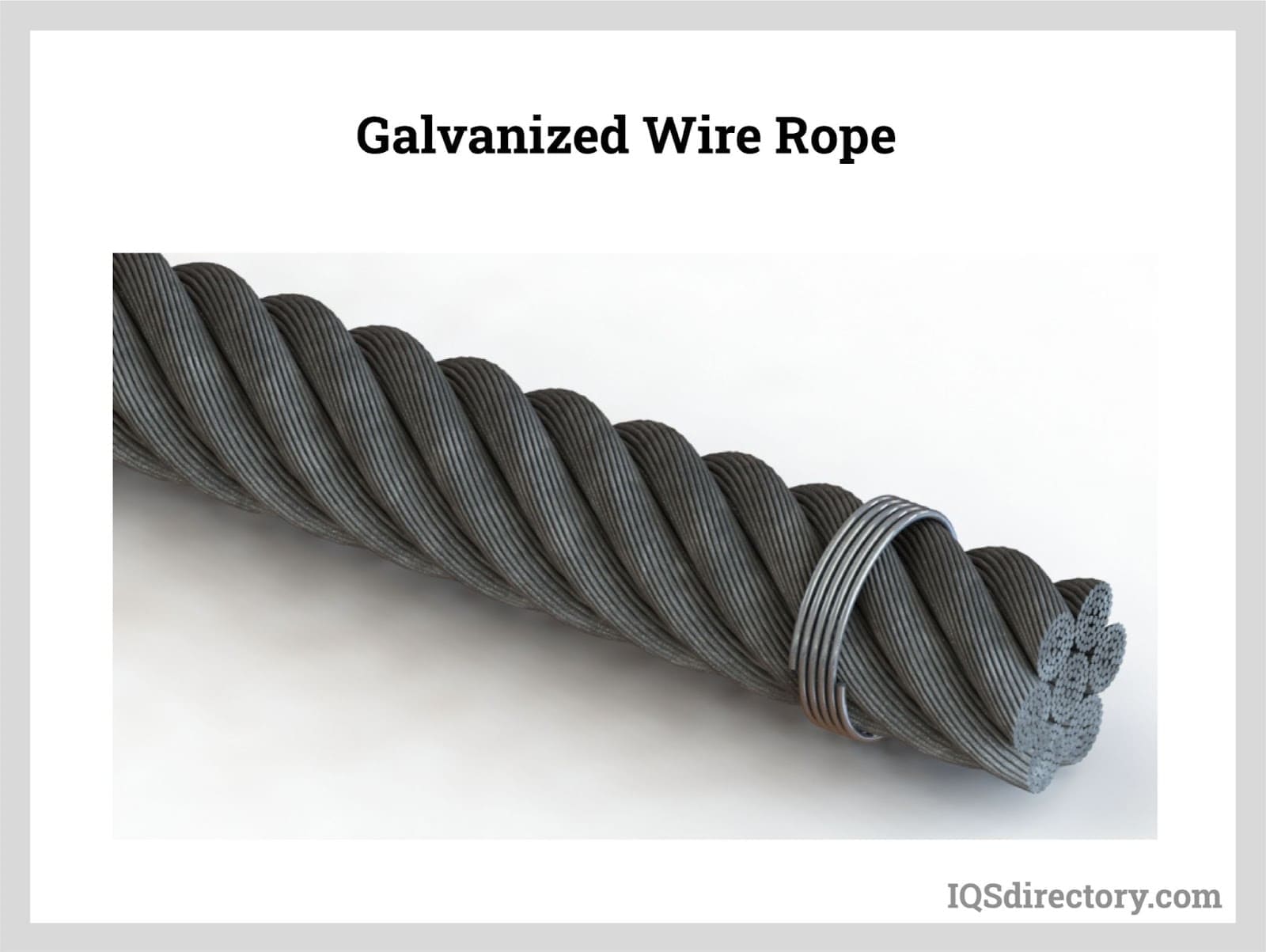
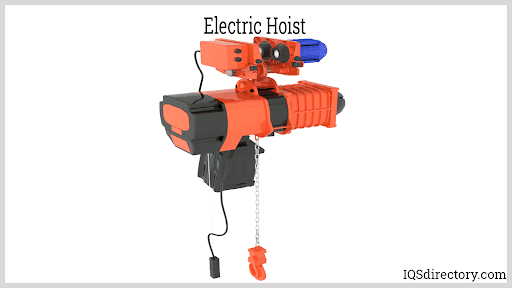
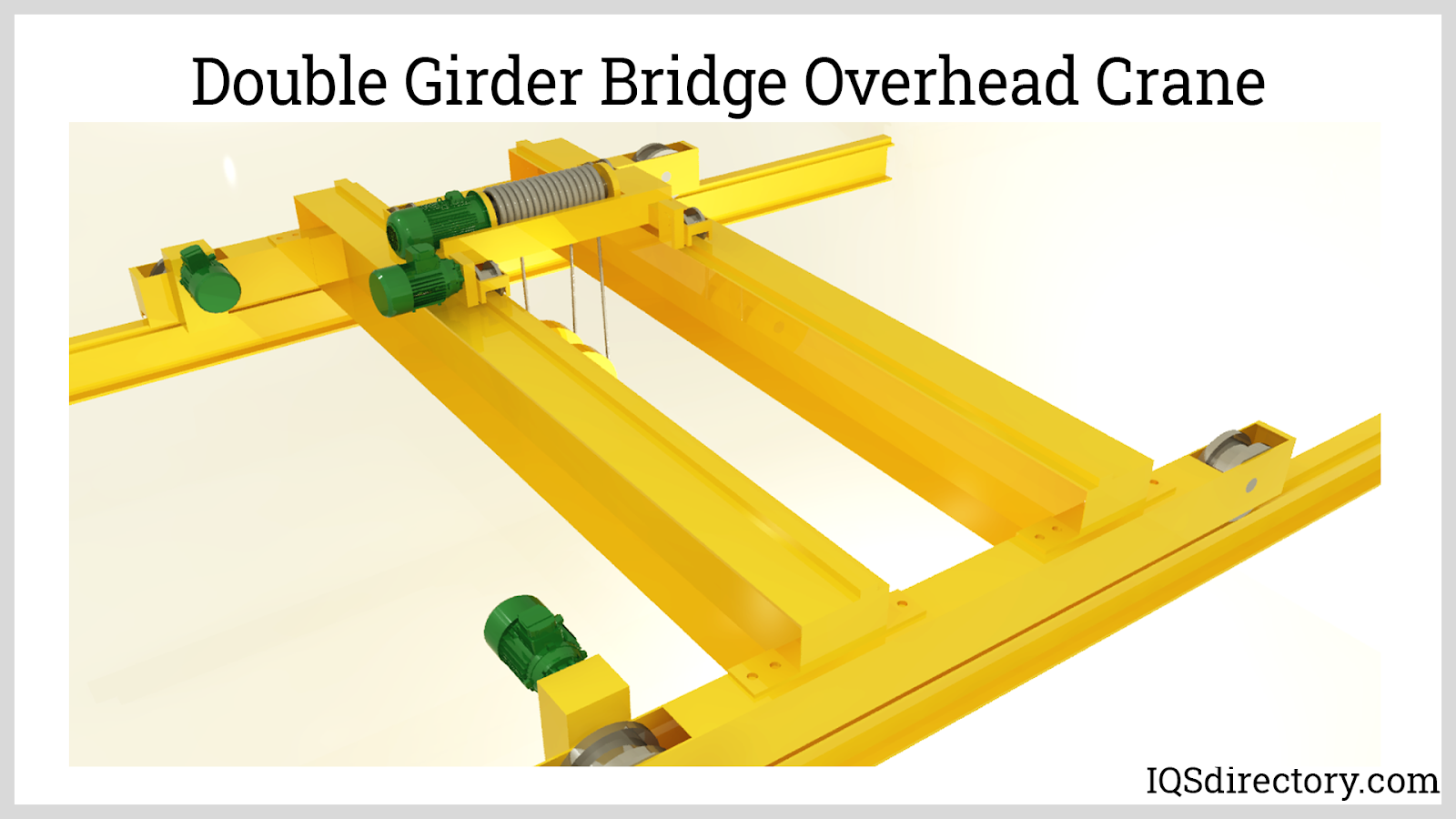
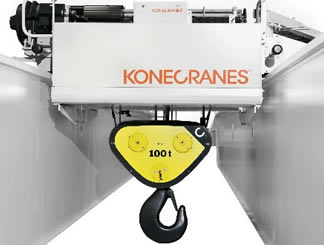 Cranes
Cranes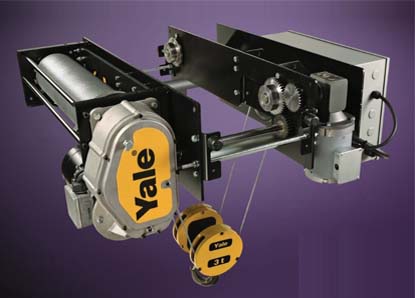 Electric Hoists
Electric Hoists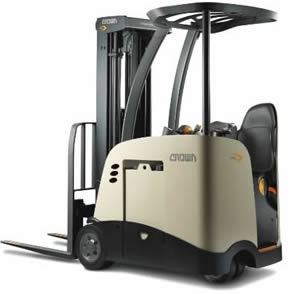 Forklifts
Forklifts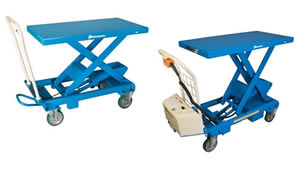 Hydraulic Lifts
Hydraulic Lifts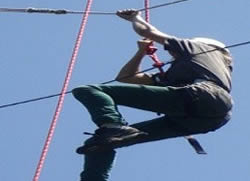 Rope
Rope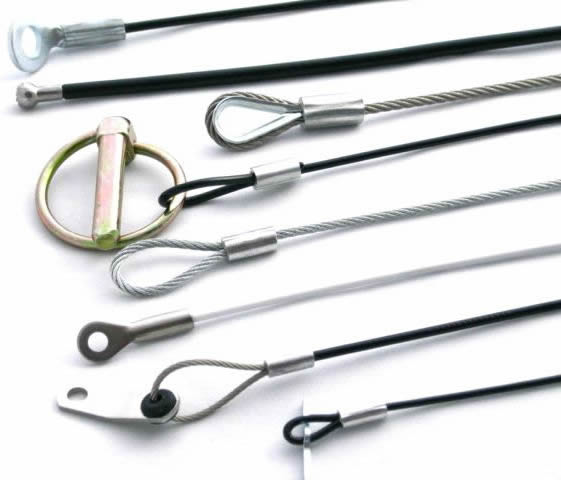 Wire Rope
Wire Rope Castings & Forgings
Castings & Forgings Bulk Material Handling
Bulk Material Handling Electrical & Electronic Components
Electrical & Electronic Components Flow Instrumentation
Flow Instrumentation Hardware
Hardware Material Handling Equipment
Material Handling Equipment Metal Cutting Services
Metal Cutting Services Metal Forming Services
Metal Forming Services Metal Suppliers
Metal Suppliers Motion Control Products
Motion Control Products Plant & Facility Equipment
Plant & Facility Equipment Plant & Facility Supplies
Plant & Facility Supplies Plastic Molding Processes
Plastic Molding Processes Pumps & Valves
Pumps & Valves Recycling Equipment
Recycling Equipment Rubber Products & Services
Rubber Products & Services